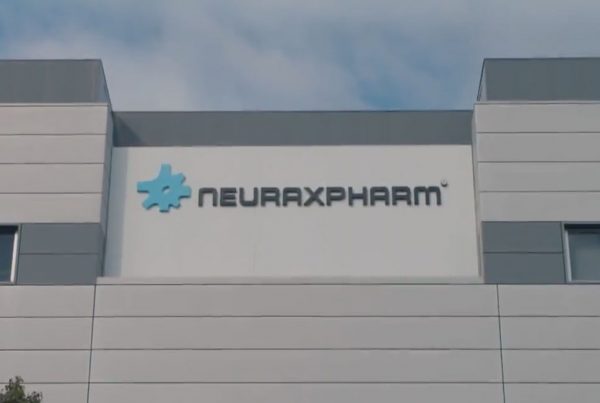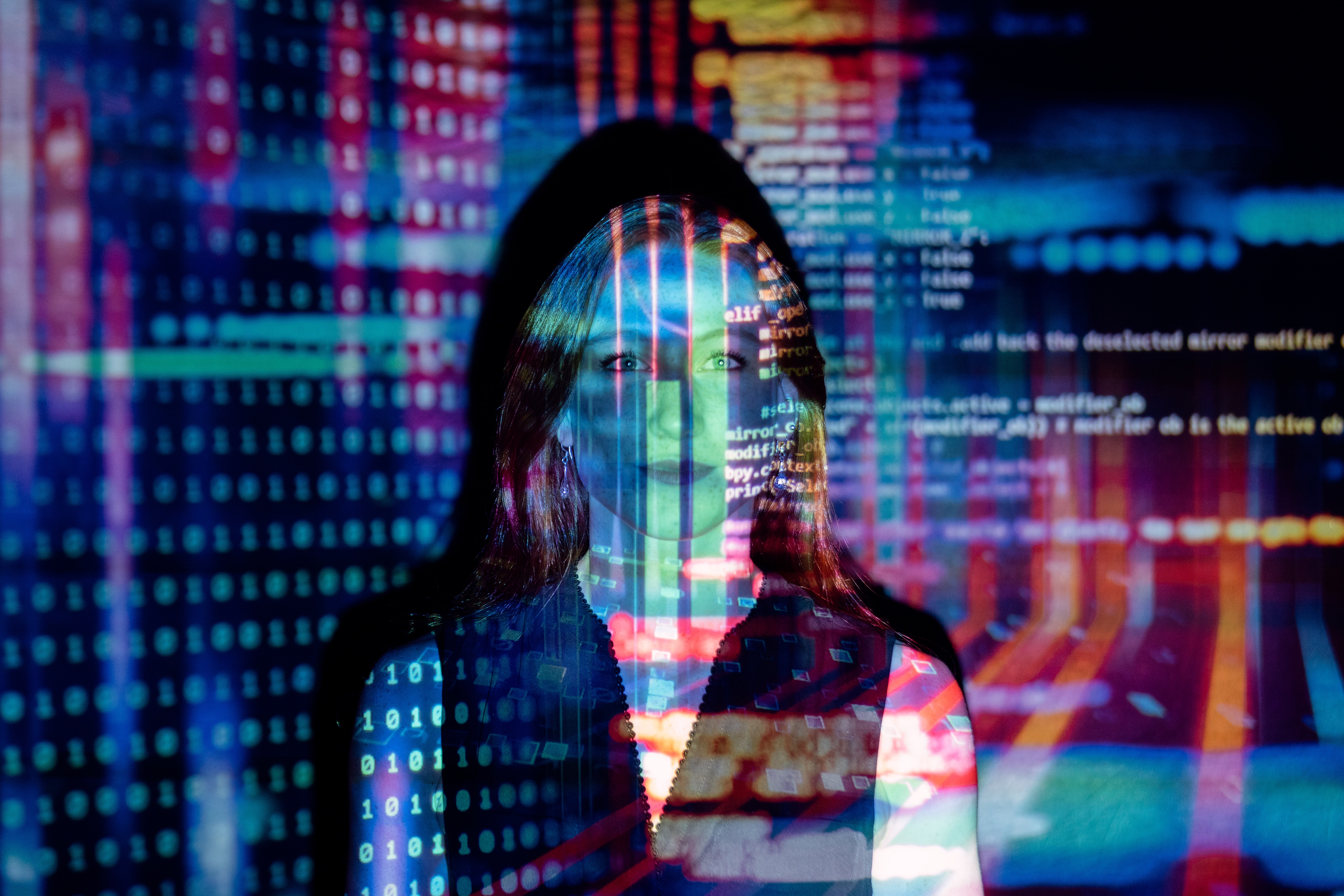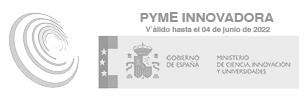Yes! We did it! We have been able to “steal” a few minutes from our CEO, David Blánquez. You started as an engineer in artificial vision, robotics and machinery in 1997, going through more than 10 years in your own engineering company and now you are in the development of a personal project to improve the lives of people with epilepsy.
What led you to develop mjn-neuro and how did the beginnings of mjn-neuro come about?
mjn-neuro’s origin and goal is personal. I have a daughter, Marina, who has suffered from epilepsy since she was 2 years old. The willingness to help her and many other people in the same situation is our main motivation.
What is the biggest challenge you have faced with mjn-neuro?
There has not been a single challenge, it has been a long race. At the beginning, being able to develop a new device from scratch, then it was the regulation of health products, very difficult, and now the whole commercialization process that Spain and international business implies. But in the end all these processes have been enriching and satisfactory for the moment, although not without problems and challenges.
What is your core business?
One of our strengths is the knowledge of the disease and the needs of these patients, that makes us have a very clear and simple vision of what our objectives are in order to improve the quality of life of our users. The direct relationship with people affected by epilepsy and associations makes us see what is most important to them.
How do you make sure people understand mjn-neuro’s vision?
mjn-neuro’s vision is based on two very important pillars, the technological and the social, both go hand in hand in our project. At first it seemed a little difficult to combine them, but finally it has been possible. We have made many presentations, many contests, many interviews and meetings to be able to make known the disease and what our project can bring to these people. By spreading the word about the disease we managed to demystify and lower the stigma that epilepsy has.
mjn-neuro’s vision is based on two very important pillars, the technological and the social.

What makes you most proud of mjn-neuro?
Currently I am very proud of the team behind mjn-neuro and the involvement they have with the project, that makes us very focused on the product and services we offer. Making a project and a company grow from scratch is an experience that I have already lived and that I like. I will be really proud of the project when we manage to reach people with epilepsy and they tell us that this helps them and allows them to improve their quality of life and safety, and I think that moment is very close.
What are the main obstacles to the implementation of mjn-neuro’s global strategy?
Once the regulatory and technical barriers have been overcome, we now face difficulties to commercialization and internationalization. The commercialization will be difficult, because of the procedures and licenses, but it is on the right track, just this weekend we have been approved a permit to advertise the device and its benefits. The internationalization will also be a complex process, we are already working the markets and distributors in Germany, United Kingdom and The Netherlands, and at the same time the regulatory and the USA market, but we have enough help to face these challenges and we will achieve it, some soon, others later.

Are you developing a solution for people with epilepsy, is it an innovation in the market?
There are few devices on the epilepsy market that can really help people with epilepsy, but at the moment there are none on the market that are able to predict epilepsy seizures. Our goal is to be able to warn before the crisis, which until now was classified as impossible.
We can say that, at least in Europe and what we know of the world, we are the first device approved for the prediction of crisis, that is our competitive advantage.
How do you view the stigmatization of people with epilepsy in society?
I don’t think it’s a personal vision but a generalized one, epilepsy has a very important social stigma, it has always been a badly seen disease, even in past times seen as demonic. Currently a child or a person with diabetes has a care at school, friends and society that helps improve their quality of life, this does not happen with epilepsy and is a claim that we do, we want epilepsy to be seen and accepted as a disease like diabetes. To achieve this we have already made many efforts in different areas of society and when the company can produce benefits will be allocated 5% to social action to improve the socialization of these people, in schools, workplaces, businesses and other situations.
And the medical professional… How do they see this solution?
At first they saw it with much disbelief and very skeptical, they did not believe us, in fact, they thought “how are these engineers going to tell us that they will predict the seizures, when the word epilepsy comes from the Greeks and means attack by surprise, and it has always been like that, by surprise, without warning.”
Currently they have begun to see certain results, first that we have been able to create a device that records, then that the software algorithms can work and then they will see patients using the device and we will have their feedback. It will be a long process, but in the end there will be acceptance by the medical community. For that reason, we have planned up to six clinical trials in different situations and countries.
What are the plans for growth in the coming years?
Currently we are 11 people working on the project, with the marketing and the forecast we have we will be 30 people in a couple of years and we will reach 2025 being about 90 people. We are looking at countries of the European market and the entire United States, then we will see how to expand to the rest of the world with the product of epilepsy, as we have also begun to open other product lines like the early detection of Alzheimer’s or the off periods of Parkinson’s patients.
Finally, what is your favorite quote?
If an idea is not absurd at first, then it is not worthwhile (Albert Einstein).
Thank you very much for your time. Congratulations on all the recognition you have received over the years. Great success for mjn-neuro!















